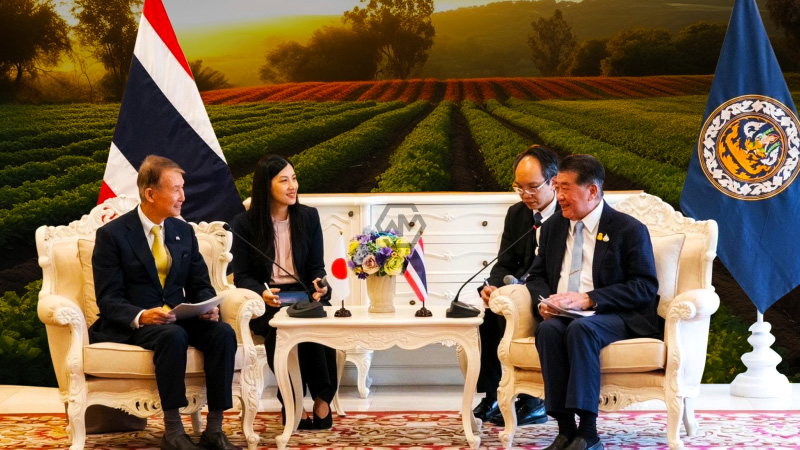- Thailand is concentrating on establishing new alliances with the prefecture of Wakayama in Japan.
- The businesses are now in negotiations with one another.
- Wakayama is easily reachable by the Shimotsu port or the Kansai airport, and it is well-connected by land transportation.
With an emphasis on the joint growth of the furniture and agricultural processing industries, Thailand is concentrating on establishing new alliances with the prefecture of Wakayama in Japan.
To develop cooperative goods that leverage each country’s distinct strengths, Phumtham Wechayachai, the minister of commerce, has asked the prefecture to support economic collaboration between Thai and Japanese businesses in these industries.
Japan and Thailand
The agricultural processing business owners in Wakayama, such as Nakata Foods Co., who expressed interest in importing passion fruit juice from Thailand to make alcoholic beverages, were also urged by him to think about obtaining raw materials for their goods from Thailand. The businesses are now in negotiations with one another.
A memorandum of agreement was signed in 2019 between the governments of Wakayama and Thailand’s International Trade Promotion Department to promote trade cooperation and the expansion of small and medium-sized enterprises (SMEs) alike.
Offering business owners in both nations the chance to collaborate and create goods that offer value by utilizing innovations and information is the goal. Increased export potential to other nations and the facilitation of export market expansion between the two regions are the ultimate goals.
Wakayama, which lies in the Kansai area, is easily reachable by the Shimotsu port or the Kansai airport, and it is well-connected to the region’s major cities by land transportation.
Petroleum, chemicals, steel, equipment, food production, furniture, leather products, and home items are the main industries served by its SMEs. Prefecture investments are increasing, and enterprises looking to expand or invest might receive a substantial subsidy of up to ¥10 billion, subject to specific requirements.



